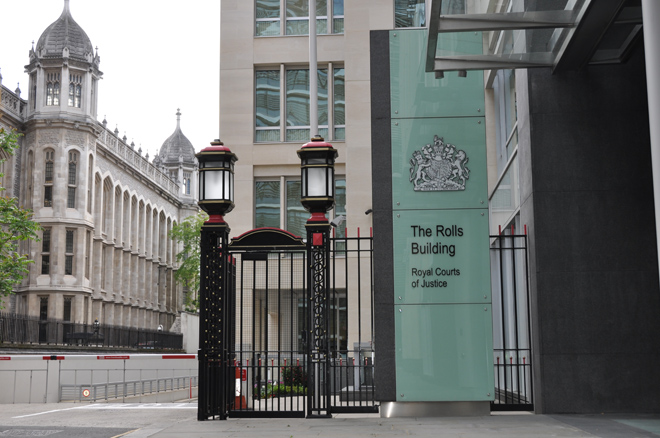Add a comment
Advertisement


On Monday, Justice Robin Knowles of the English commercial court ruled in favour of Nigeria in its legal battles with Process and Industrial Developments (P&ID) Ltd.
P&ID had been awarded $6.6 billion plus seven percent interest as damages by the London Court of International Arbitration in January 2017 and had secured a court judgment to enforce the awards in August 2019.
Nigeria, after initial missteps, eventually appealed against the enforcement — and has been lucky this time.
The enforcement went back to trial and has now been quashed by Knowles.
Knowles ruled that the arbitration awards “were obtained by fraud and the awards were, and the way in which they were procured, contrary to public policy”.
What happens next?
The first thing is that this is good news for Nigeria. If the judgment had gone otherwise, P&ID would have had the legal right to start seizing the country’s assets abroad to enforce the award — which is now in excess of $11 billion because of the interest.
Can Nigerians now go to sleep?
Not so fast. There are still some legal fireworks ahead, even if for the sake of formality. In his judgment, Knowles acknowledged that even though he has ruled in Nigeria’s favour — meaning the enforcement of the original award is dead and buried — there are three options under section 68 (3) of the Arbitration Act 1996 from which he must now choose.
The options: if there is shown to be serious irregularity affecting the arbitration tribunal, the proceedings or the award, the court may (a) remit the award to the tribunal, in whole or in part, for reconsideration, (b) set the award aside in whole or in part, or (c) declare the award to be of no effect, in whole or in part.
Why is the judge still dilly-dallying?
No, he is not. It is not just important to do justice, but everybody must see that justice has been done.
In his closing submission, Lord Wolfson, representing P&ID, had asked the judge to leave over the question of the order the court should make so that the parties would have the opportunity to present argument once they have considered the judgment.
In other words, P&ID was still thinking of a last throw of the dice to get something from Nigeria in the event that it lost the case.
Now that P&ID has lost the case, the judge has granted the shell company’s indulgence for another hearing on the way forward.
But the judge can just choose the third option, declare the award of no effect and damn the consequences…
Section 68 (3) of the Arbitration Act 1996 says the court “shall not exercise its power to set aside or to declare an award to be of no effect, in whole or in part, unless it is satisfied that it would be inappropriate to remit the matters in question to the tribunal for reconsideration”.
Obviously, the judge wants feedback on his findings from both parties before making the consequential pronouncement.
The original arbitration tribunal no longer exists, and given the barely disguised scathing remarks Knowles made on the tribunal, remitting the case for consideration is not likely to lead to a different outcome from the court’s judgment: that is, that the awards were obtained by fraud.
If he chooses the option of referring the matter back to the arbitration tribunal for fresh hearing, are we not going back to square one?
Technically, yes. But in practical terms, it looks like a non-starter.
Knowles said categorically: “I have not accepted all of Nigeria’s allegations. But the Awards were obtained by fraud and the Awards were and the way in which they were procured was contrary to public policy.”
The moment the court of law uses strong words such as “fraud” and breach of public policy in dismissing a case, the losing party has become damaged goods. Its case is stained and it is practically impossible to come clean. The failed contract automatically becomes “a fruit of the poisonous tree”.
Well, well, well… P&ID can now ask for an out-of-court settlement to save Nigeria the grief of a fresh arbitration hearing, isn’t it?
The advantage is now with Nigeria with the court judgment. There is no incentive to enter into an out-of-court settlement, more so as it will cost the country more money. But never rule out anything.